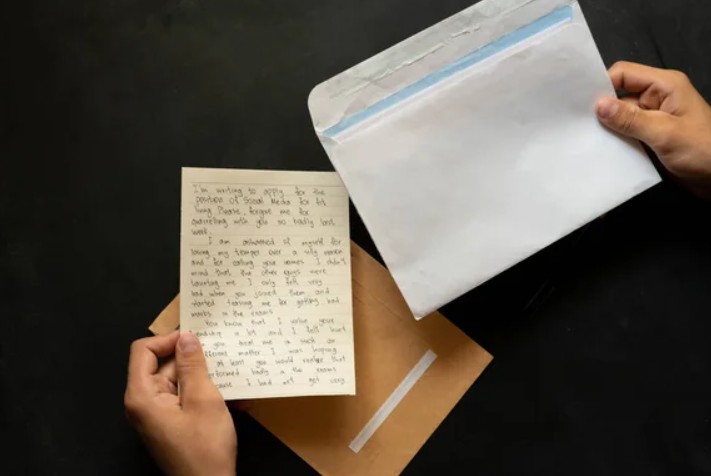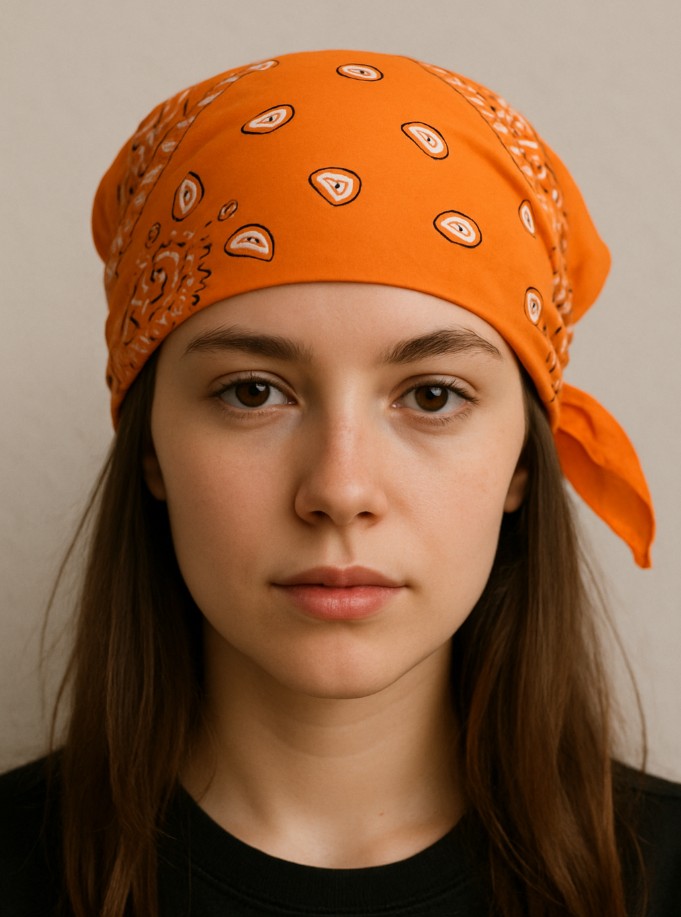When I was a child, I was ashamed of my father’s job. While my classmates proudly talked about their parents being doctors or entrepreneurs, my father worked as a mechanic. He spent his days in a dirty workshop fixing motorcycles, his hands covered in grease and his clothes worn out. When he arrived on his old bike, wearing his oil-stained leather jacket, I wanted to disappear into the ground. He wasn’t the kind of dad I wanted.
He didn’t look like my friends’ parents, and I did everything to keep my distance. At school, I called him “Frank” instead of “Dad,” thinking it would ease my embarrassment. I had no idea how others saw him. I didn’t understand what I was missing.
The most painful memory is the day of my graduation. All the parents were dressed in suits, proud and smiling. My father showed up in jeans and a shirt, his face weathered, tattoos faded. When he reached out to hug me, I stepped back and barely shook his hand.

At the time, I thought it was the best way to cut ties with his world. I had no idea how important he was to so many others.
A month later, I learned of his sudden death, without having known he was sick. I hung up the phone feeling nothing but an immense emptiness. The absence of grief chilled me.
At the funeral home, I expected to see few familiar faces, just some old friends he still kept in touch with. But when I arrived, I saw a parking lot full of motorcycles: hundreds of riders from across the state, all wearing leather jackets with a small orange ribbon.
“That was his color,” a woman explained, “he always wore an orange bandana so God could spot him easier on the road.”

I didn’t know any of that. I didn’t know much at all.
At church, people told stories of his generosity: how he helped children, organized medicine convoys during snowstorms, never passed by anyone in need. To many, he was a brother. Seeing my father as a hero seemed impossible.
After the ceremony, a lawyer handed me an old leather bag. “Your father asked me to give this to you if anything happened to him.”
Back in my room, I opened the bag. Inside were papers carefully wrapped in an orange scarf, a small box, and an envelope with my name, written in his hand. I read the letter first.

“My dear Emma, I’m not good with fancy words, so I’ll get straight to the point. I know you were ashamed of my mechanic job. I understand: you are brilliant, you don’t need to get your hands dirty, and that’s normal. But remember this: a man is not judged by his title, but by how many lives he has touched.
Everything in this bag belongs to you. Do with it what you want. If you find it useless, take my motorcycle to the edge of town and give it to the first rider in need. But promise me one thing: never deny your roots.
I love you more than chrome loves the sun. Your dad.”
My hands trembled as I unfolded the documents: invoices, receipts, notes. I discovered he had donated more than $180,000 to charity over fifteen years, a considerable sum for a mechanic.

In the box was a keychain with two keys and a note: “For the girl who never wanted to learn to drive.” And a paper certifying that his motorcycle was now mine.
The next day, I went to the workshop. My partner Samira was waiting; she told me that my father had created a scholarship called “Orange Ribbon” in honor of his bandana. She invited me to help select the scholarship recipients.
A few months later, on his 59th birthday, I sat on his motorcycle, my orange scarf blowing in the wind, the flag in my hand. Ready to continue his work.
That’s how I understood: true success isn’t measured by profession, but by the impact you have on other people’s lives. I finally grasped the exceptional man my father was.